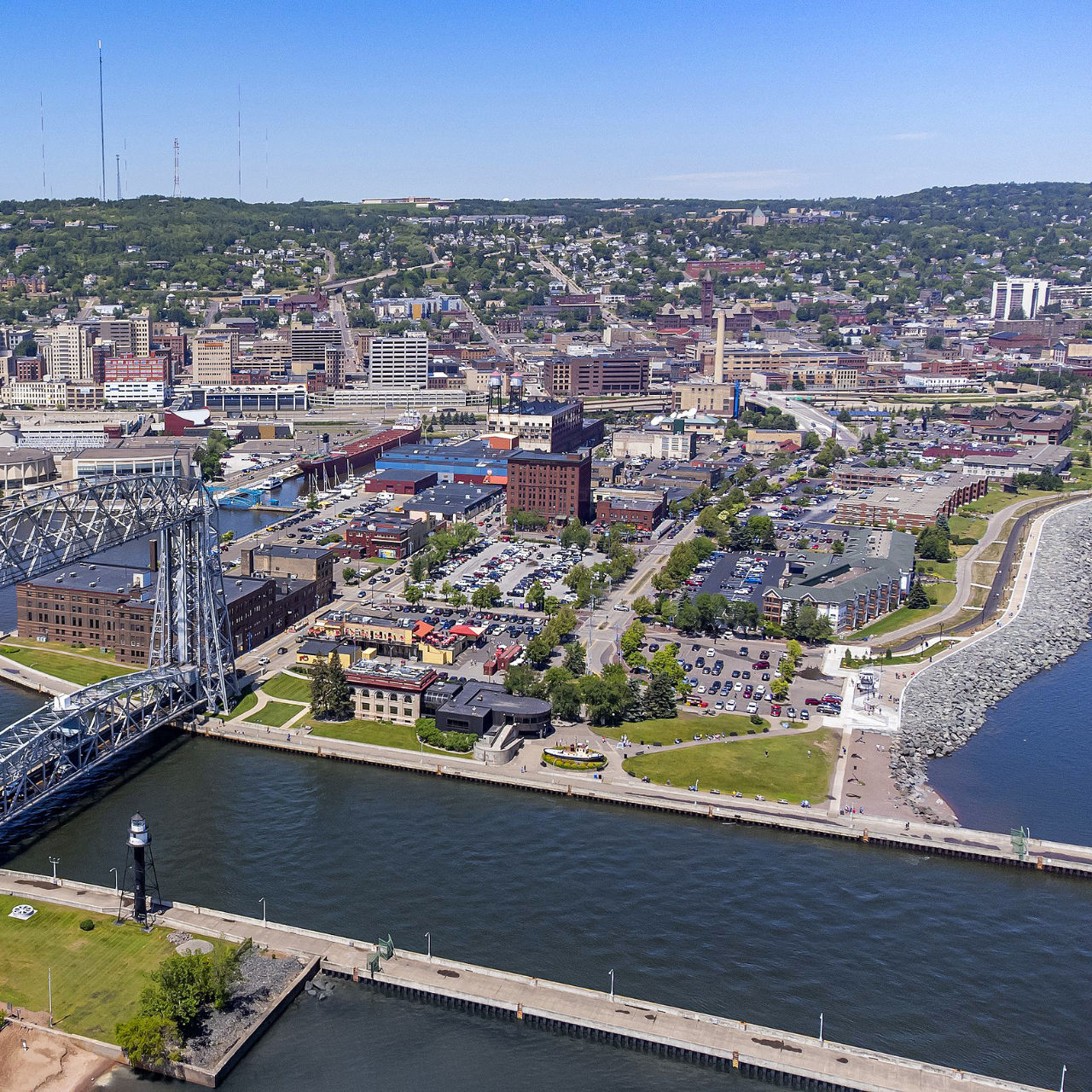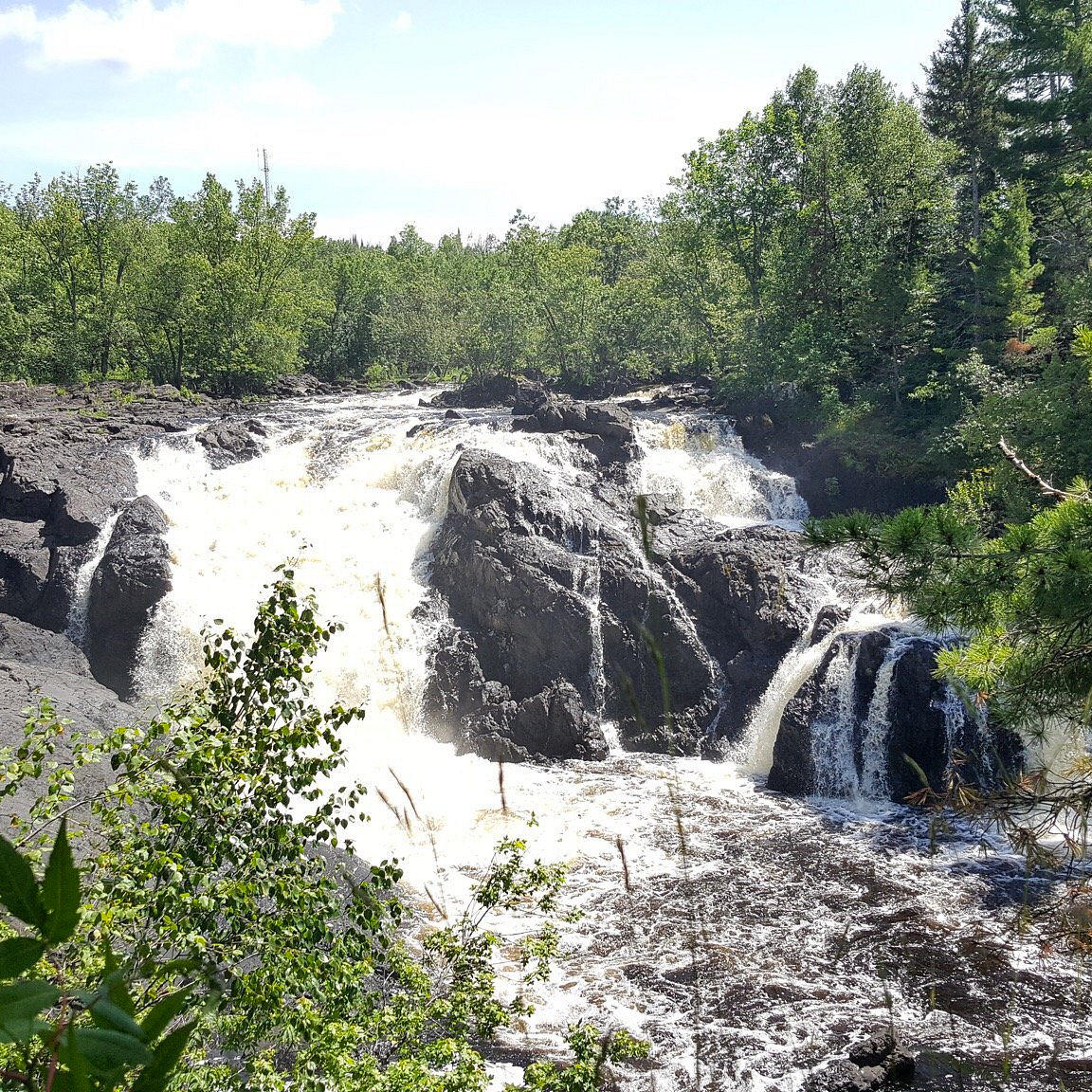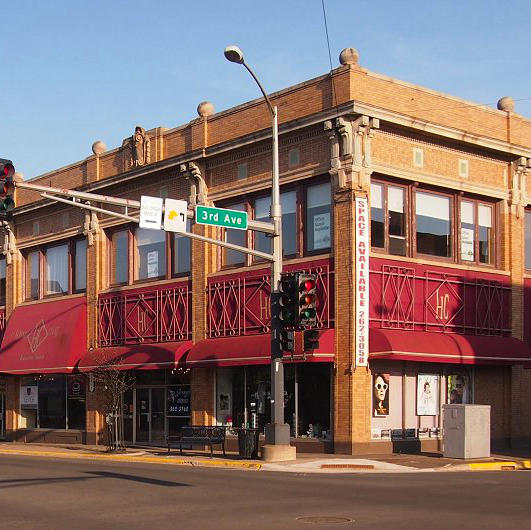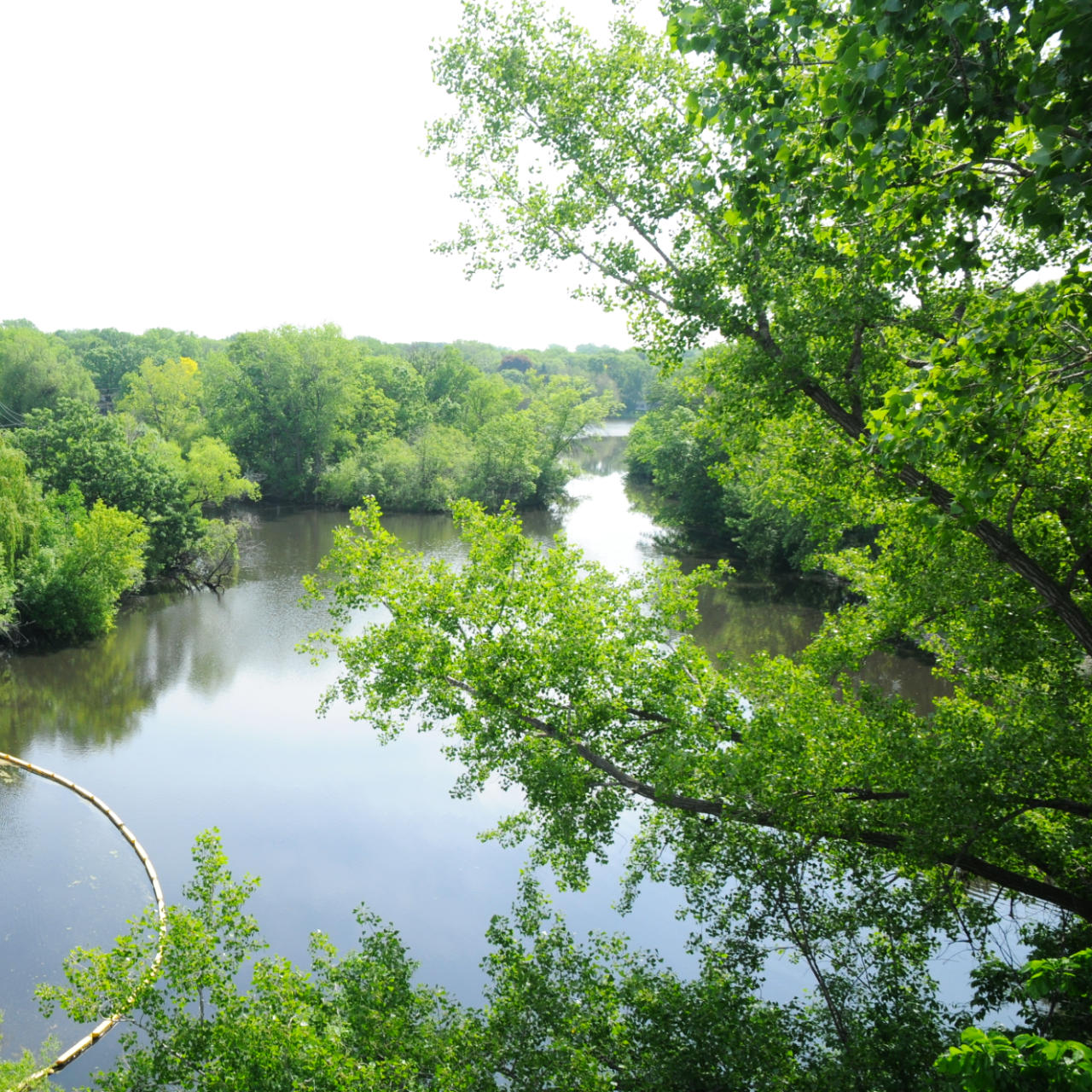State of Minnesota Short-Term Rental Regulations
Short-term rental regulations vary depending on the location and may include zoning laws, occupancy and safety standards, taxation, licensing, and insurance requirements review our guides for more information specific to your city.
Reviewed by Karolyn Hutson
Last updated September 18, 2023
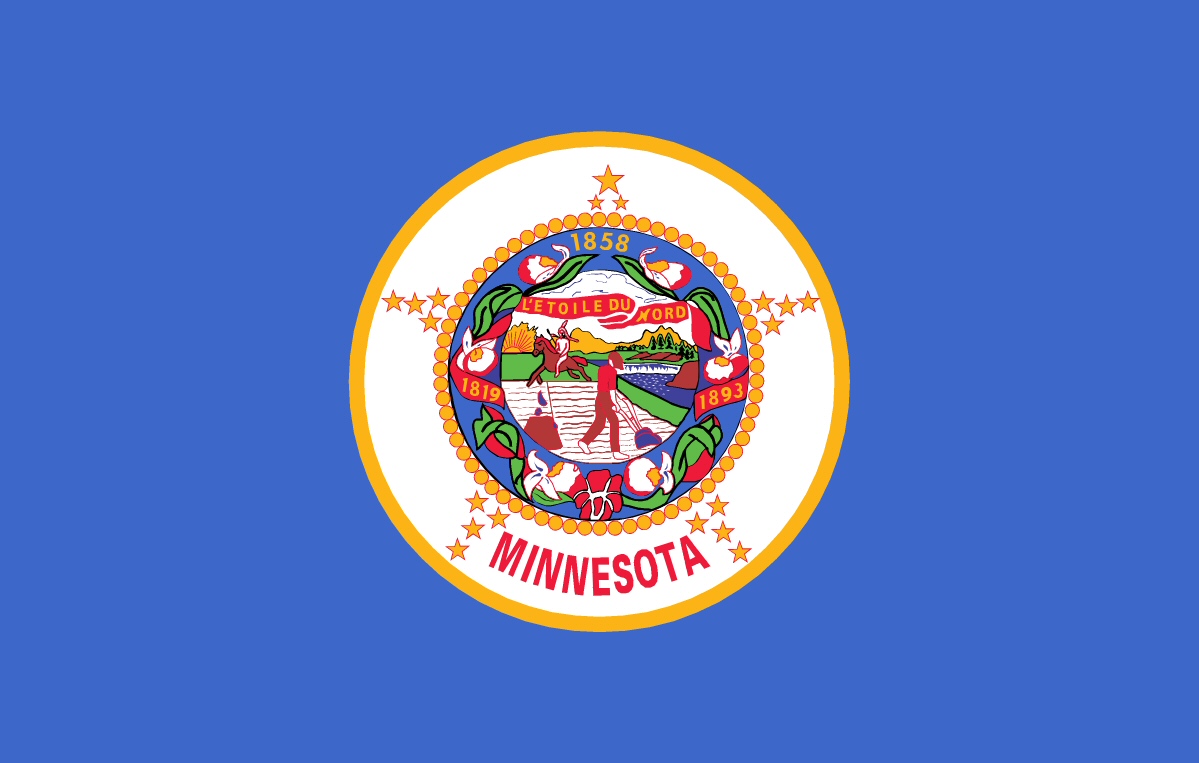
Overview of Minnesota Short-Term Rental Regulations
Information is maintained by the community to provide helpful insights and links to local regulations, HostScouts does not provide legal or investment advice.
Running a compliant short-term rental in Minnesota involves navigating a complex web of state statutes and local ordinances. With tourism booming in destinations like Minneapolis, St. Paul, and Duluth, many municipalities are enacting strict vacation rental regulations. This guide provides an overview of key permitting, tax, zoning, and insurance rules hosts should know before listing their Minnesota property on sites like Airbnb, Vrbo, or Vacasa.
Defining Short-term Rentals in Minnesota
Minnesota does not have a singular statewide definition of short-term rental properties. However, most local ordinances consider rentals of 30 days or less to be short-term lodging.
What Qualifies as a Short-term Rental?
While specific thresholds vary, rentals of 30 consecutive days or less typically fall under short-term rental regulations across Minnesota. Some cities use 28 days.
State vs. Local Regulations
Minnesota does not currently have comprehensive statewide statutes governing short-term rentals. The state leaves most regulations up to individual cities, towns, and counties. For example, no overarching state rules regarding permits, occupancy limits, inspection requirements, or eligibility exist. Each municipality creates its own local ordinances covering these aspects. However, the state oversees taxation, requiring hosts to collect and remit relevant sales and local lodging taxes on rentals.
Penalties for Violations
Penalties for violating local ordinances range from fines of $200+ to misdemeanor charges. Severe or repeated non-compliance can also result in rental permit revocation.
Starting a Short-term Rental Business in Minnesota
Launching a compliant short-term rental business in Minnesota takes research, planning, and coordination across state and local requirements.
Researching Relevant Local Ordinances
Given the lack of statewide regulations, hosts must thoroughly research the local rules that apply to the specific city, town, or county where their rental property is located. For instance, the city of Minneapolis requires certain hosts to obtain a short-term rental license, while the neighboring city of Bloomington mandates all hosts get a rental permit and pass inspection. In Duluth, non-owner occupied rentals must receive city council approval. So familiarizing yourself with the unique ordinances in your community is essential to operate legally.
Applying for Required Local Permits
Many popular tourist destinations like Minneapolis, St. Paul, Stillwater, and others require hosts to obtain a permit before listing their property for short-term rent. Requirements and fees vary greatly.
Registering for State Tax Obligations
Hosts must collect and remit all relevant state sales taxes and local lodging taxes. Carefully research obligations to avoid non-payment penalties.
Reviewing HOA or Condo Association Rules
If your rental property is part of a condo or homeowner's association, ensure short-term rentals are allowed. Get HOA approval in writing if needed.
Safety and Inspection Requirements for Minnesota STRs
Short-term rental properties in Minnesota must comply with various codes covering safety, sanitation, zoning, and more.
Fire Safety and Building Codes
Most jurisdictions require smoke detectors, fire extinguishers, escape routes, proper egress, carbon monoxide detectors, and more to operate a short-term rental legally.
Health and Sanitation Regulations
To obtain a permit, rentals must meet standards for cleanliness, food safety, septic capacity, drinking water quality, and other health codes.
Swimming Pools and Hot Tubs
Rentals with pools or hot tubs face additional safety requirements like fencing, gates, lighting, signage, and more. Research rules.
Parking and Traffic Constraints
Many ordinances restrict the number of vehicles allowed at a rental property based on factors like home size, lot size, and number of legal bedrooms.
Taxes on Short-term Rentals in Minnesota
In addition to nightly rates, hosts need to factor in taxes when setting rental prices. Relevant taxes include:
Minnesota State Sales Tax
A 6.875% sales tax applies to all short-term lodging in Minnesota. Hosts must collect and remit this tax.
Local Lodging or Hospitality Taxes
In addition to the statewide sales tax, some popular tourist destinations in Minnesota charge their own local taxes on short-term rental transactions. For example, the city of St. Paul imposes a 3% local lodging tax on all bookings in addition to state taxes. The local tax revenue supports tourism promotion efforts. Rochester also charges an additional 2% lodging tax on stays in Airbnb rentals. However, most Minnesota municipalities do not impose any local lodging or hospitality taxes.
State and Local Income Taxes
Gross rental revenue is subject to state income tax and may be subject to local income taxes. Report earnings accurately.
Reporting and Remittance Requirements
Hosts must provide regular reports on bookings, occupancy rates, taxes collected, and taxes paid to state and local tax authorities.
Insurance Considerations for Minnesota STRs
Properly insuring your Minnesota short-term rental is crucial to protecting your business and assets. Here are some key insurance considerations for hosts:
- Review your existing homeowners or renters policy - most exclude vacation rental commercial rental activities, so don't assume you are covered.
- Consider insurance designed specifically for Airbnb rentals that bundle liability, property damage, loss of income, and other protective coverage.
- Research local ordinance requirements - some Minnesota cities require hosts to carry liability insurance in order to obtain a short-term rental permit.
- Analyze risks like guest injuries, discrimination allegations, and property damage claims that could expose your assets without proper insurance.
- Purchase adequate liability limits to safeguard your rental business and personal assets in case of a lawsuit or claim.
- Work with an insurance professional experienced in the short-term rental market to ensure you have appropriate policies and coverage limits in place.
- Maintain active insurance policies that align with local requirements to remain compliant and avoid penalties.
Navigating Minnesota's complex web of hyper-local regulations is challenging but crucial for short-term rental success. Do diligent research before listing your property, and secure proper insurance to protect your business. Compliance takes effort but allows your Minnesota STR to thrive.
Minnesota Airbnb Regulations by City
Information is maintained by the community to provide helpful insights and links to local regulations, HostScouts does not provide legal or investment advice.


